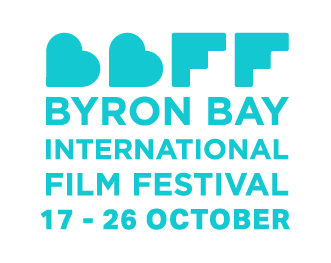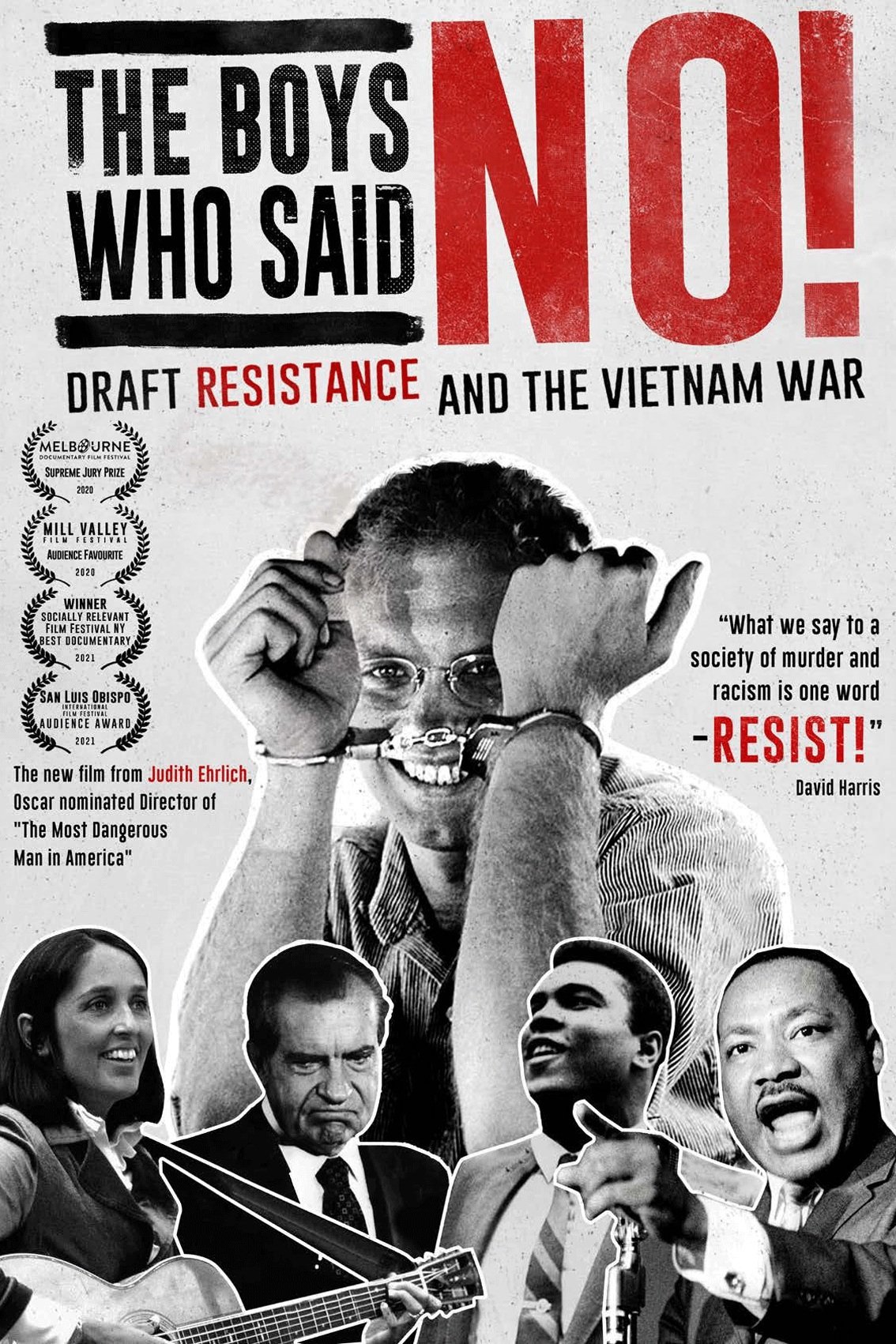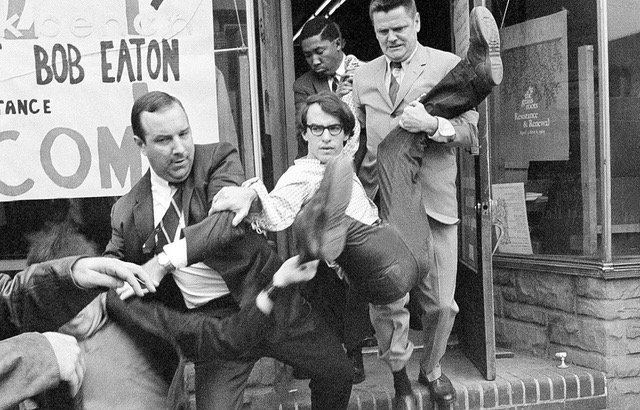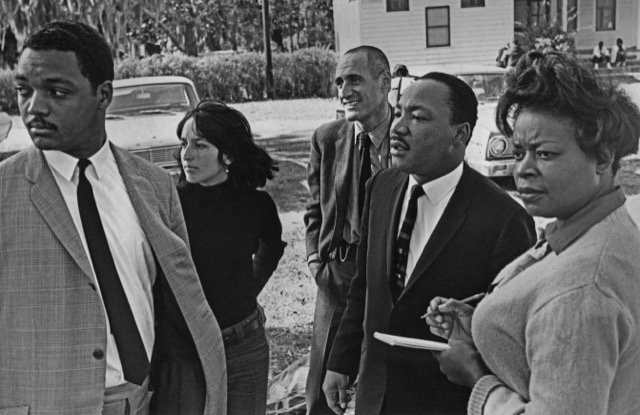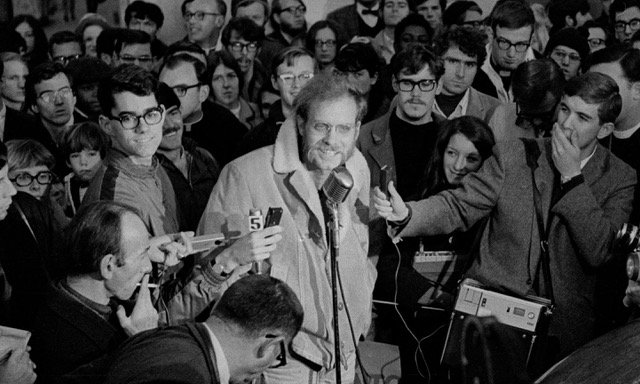BBFF2021 Meet the Filmmaker: Judith Ehrlich
From Oscar and Emmy nominated filmmaker Judith Ehrlich comes the never before told story of a group of draft resisters who chose conscience over killing in the Vietnam War.
Ehrlich’s exploration of resistance is especially timely as emboldened resistance movements emerge in the United States and worldwide.
Featuring appearances from legendary non-violence activists including folk singer Joan Baez and Daniel Ellsberg - the most significant whistleblower of the 20th Century, whose story directly inspired Edward Snowden - we spoke to Ehrlich to learn more about her inspiration and how today’s activists can promote positive change.
Screening at Palace Cinemas Byron Bay
Saturday 18 December at 3:45pm
Buy tickets
Can you tell us about what inspired you to create The Boys Who Said NO! As an American, do you have any friends or family members who were impacted by the draft?
I hardly knew any male friends who were not impacted by the draft. I graduated from high school in 1966. Word on the streets of Napa, California had it that my high school class lost more young men than any school in the United States. I knew dozens of young men who were drafted and many didn't come home or came home with a plate in the head or PTSD and a drug addiction. The war was a constant presence on the TV news and in our conversations, spiritual and political lives.
I graduated from the University of California, Berkeley in 1970 and spent much of my university career involved in the anti-war movement as a draft counsellor and head of Undergraduates in Political Science, helping to organise against the war. Berkeley was ground zero for the anti-war movement and the university was on strike for almost a third of my years as a student there.
Why do you think it has taken so long for a film to be made about draft resisters? As recent events have shown, America is still a very nationalist country. Do you find there is still a stigma around the activities of the Resistance?
Ken Burns made the definitive series on Vietnam and never mentioned the men and women whom my film documents. Recalling a mass movement of people passionate enough to face prison terms for their refusal to fight and kill does go against the American national commitment to violence and war as the solution to any conflict.
What was it like working with legendary folk singer Joan Baez, was she eager to be involved?
The original reunion of resisters that sparked this film was held at David Harris' home in Marin county. Joan was there and thrilled to see her old comrades. That was the opportunity for my first interview with her. There was another at her home and several other visits where I was able to hang with her in her painting studio and experience her other talent which is being a remarkable visual artist. I've known her for some time and she has supported my other work. She did a benefit for my earlier film on Daniel Ellsberg and the Pentagon Papers, and was a close friend with several of the committee members who worked on this film. Baez really is a (s)hero and a national treasure!
A key theme explores how the civil rights movement, led by Martin Luther King Jr., influenced the draft resisters. As civil rights in America is once again at the forefront, what lessons do you think could be learned from the film?
Movements build on one another and the core of all mass movements is one person standing up and being willing to sacrifice to make social change.
What were the biggest challenges you faced when making this film?
Funding came in checks of $20 to $5,000 and one larger grant. It was a crowd-funded film with a realistic budget - no small feat but a process that took 6 years.
A year before the film was completed war resister, Christopher Colorado Jones, the primary fundraiser and instigator of the film, died in a tragic accident. We had to regroup and go on without his boundless energy and impishness to inspire, and I relocated to Brisbane as the COVID-19 pandemic struck.
Luckily, I had an exceptional team here in Brisbane. My editor/collaborator Scott Walton and his company 50/50 shaped the film with his partner, Paul Butler supervising film finishing. FolkLore Sound Design designed and mixing the sound. Andres Gomez Isaza in Melbourne created wonderful graphics and titles and my partner, Gil Scrine helmed distribution.
You also co-produced and directed The Good War and Those Who Refused to Fight It, a documentary about men who championed pacifism during World War Two. How would you compare this with The Boys Who Said NO!?
The Good War and Those Who Refused to Fight It, was a harder sell. World War II is still unquestionably considered 'The Good War' by almost all Americans and refusing to fight it is still considered traitorous. The Vietnam War split public opinion and drove a wedge between Americans that has never healed. But this story of resisters who actually helped end the war and ended the draft had not been told and was not well known.
A number of distinguished activist advisors were involved with the film. Do you have any plans to work with them again?
I am working with Daniel Ellsberg again now on a series of short films to be used for online public education and lobbying congress.
This time I'm working with Rootsaction.org, and reaching out first to their million plus followers online with the message that ICBM missiles are the most dangerous element of the nuclear arsenal and must be eliminated before they cause a nuclear disaster.
The primary academic advisor, American historian Michael Stewart Foley, released his definitive book on Johnny Cash, Citizen Cash just this week. Michael, a former DJ, also narrated the film.
What legacy do you hope the film will create?
We are already finding the film inspires a new generation of resisters to racism, climate disaster and injustice. We had 100 requests for community screenings when we released the film for screenings this week.
Bullfrog Films is also releasing the film for virtual educational. More information on this can be found at https://bullfrogfilms.com/catalog/bosn.html and for community screenings, https://www.bullfrogcommunities.com/theboyswhosaidno.
The United Nations says we are in a new era of conflict and violence, and that “in 2016 more countries experienced violent conflict than at any point in almost 30 years”. What advice would you give to young people who are interested in championing the case for nonviolence?
Find a group who organize using the principles of nonviolence- a quick look for resources in Australia brought these groups to the forefront
https://www.beyondwar.org.au/about_us
https://www.paceebene.org.au/about/
http://nonviolencetraininghub.org/trainers/#NVCAustralia
https://www.nonviolence.org.au/current-projects/
Many Activist members and groups like Extinction Rebellion are committed to nonviolence.
What are your next steps, do you have any new projects coming up?
Yes - The NO ICBM Missile project and The Mouse That Roared which I have been shooting in Iceland and throughout the world for almost 10 years since Daniel Ellsberg took me to meet Julian Assange and make a film about him - that didn't happen but I found my character to tell the story of courageous truthtellers and disruptors willing to stand up against corrupt government and militarism.
Here's a link to the Pitch Deck: https://1drv.ms/w/s!AmgCIwNv40z_kgktTOi6k3D3w4QE
With so many film festivals having transitioned to virtual screenings due to the COVID-19 pandemic, what does it mean for you to have this film showing in front of live audiences? Were there any other deciding factors in choosing to show the film at BBFF?
It has been a difficult time to release a film. My last film played in 18 festivals, and I was invited to most of them, traveling worldwide for over a year sharing that film with festival audiences and at the Oscars and Emmys.
I finally saw The Boys Who Said NO! with a sold-out audience at the Brisbane International Film Festival recently. After winning many awards virtually it was wonderful to see it on the big screen with an enthusiastic crowd. I hope folks come out to see it in Byron Bay, I think it is a film that will resonate with your community values.
